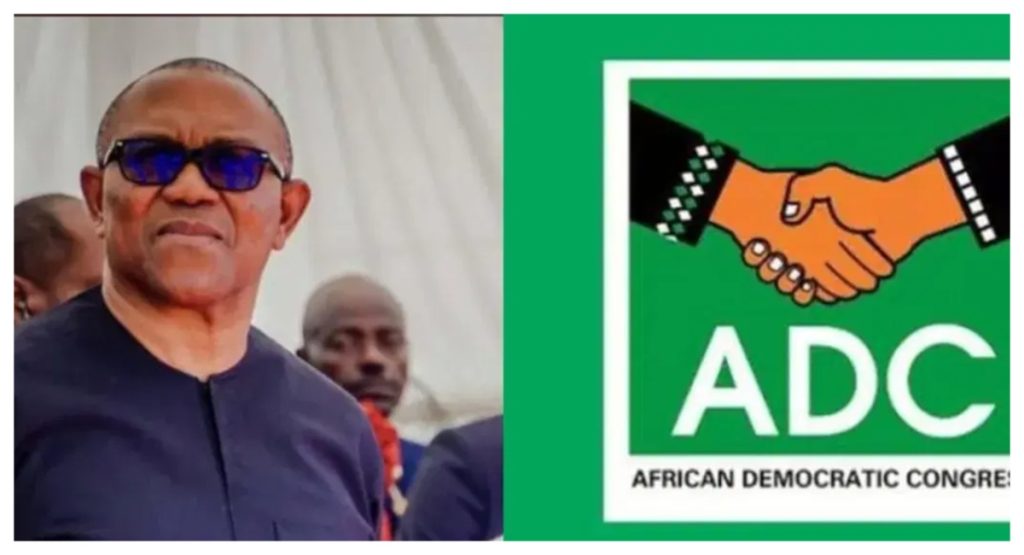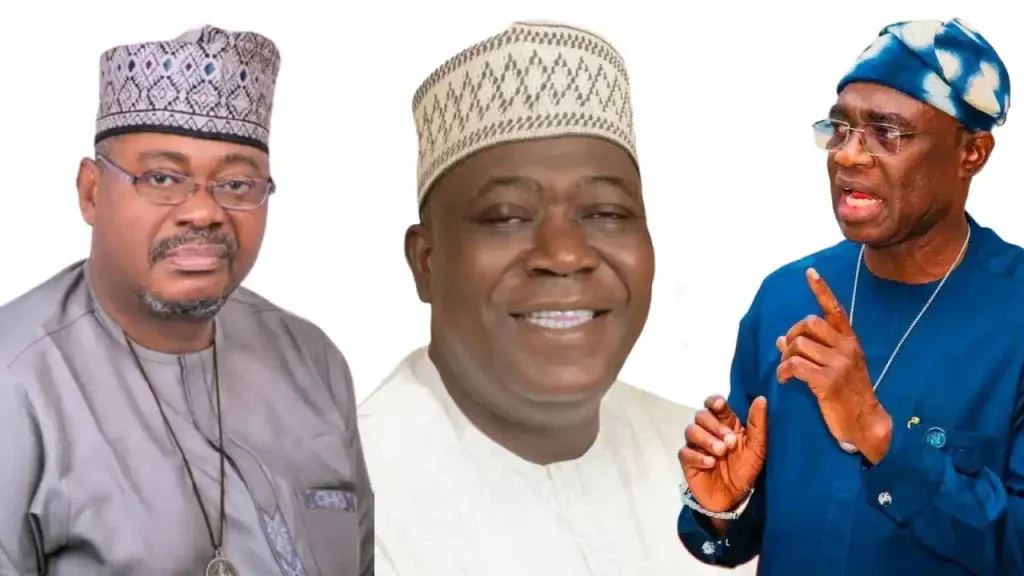Former President of Kenya, Uhuru Kenyatta, has called on President-elect Asiwaju Bola Tinubu to use his forthcoming administration as a means to unify the Nigerian people and foster a nation where everyone is equal. Kenyatta gave the counsel on Saturday during the presidential inauguration lecture held in Abuja ahead of Tinubu’s swearing-in ceremony on May 29.
Kenyatta pointed out that the task of uniting Nigeria now lies with the incoming president, who must put aside political affiliations and see himself as a father to all citizens, irrespective of differences in their religious belief, tribe, or political leanings. “The contest is now over, and the hard work of building a prosperous and unified Nigeria now begins,” he said.
Kenyatta also urged Tinubu to be the “vision bearer” of a new Nigeria and avoid being deeply entrenched in tactical politics during his administration. He encouraged the incoming president to transcend his adversarial mindset and concentrate on developing the country, saying that Tinubu’s leadership should include those who love him and those who do not with equal passion and commitment.
Akinwumi Adesina, the President of the African Development Bank, in his speech at the inaugural lecture for Tinubu, commended him for his nomination and tasks him to rise above party lines and other affiliations to forge economic policies with compelling force. He also called on Tinubu to tackle the major issues that have conspired to weigh Nigeria down, including insecurity and economic challenges, stressing that Nigerians expect a new administration that ensures security, peace, and stability.
Adesina added that reviving macroeconomic and fiscal stability should be the starting point, stating that unless the economy is revived, resources for further development would not be available, saying, “No bird can fly if its wings are tied.”
Currently, Nigeria grapples with significant fiscal deficits estimated at 6% of GDP. The country’s increased spending by federal and state governments, the lower revenue due to dwindling profits from crude oil export, the vandalization of pipelines, and illegal bunkering of crude oil contributed to these deficits. Nigeria’s Debt Management Office reports that Nigeria now spends 96 percent of its revenue servicing debts, with the debt-to-revenue ratio estimated to increase from 83.2 percent in 2021 to 96.3 percent by 2022.
Tinubu’s administration has a task ahead in steering Nigeria through these critical periods in its history.



